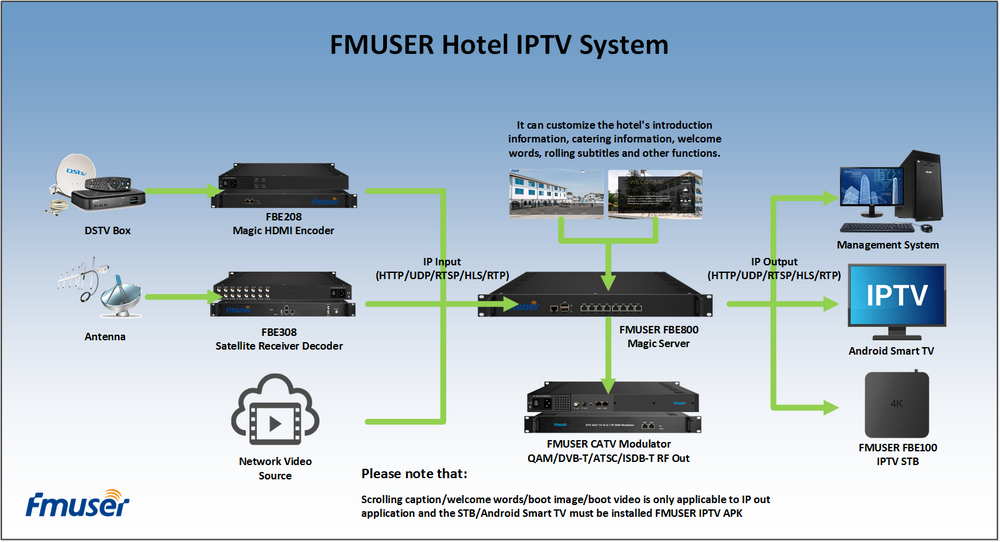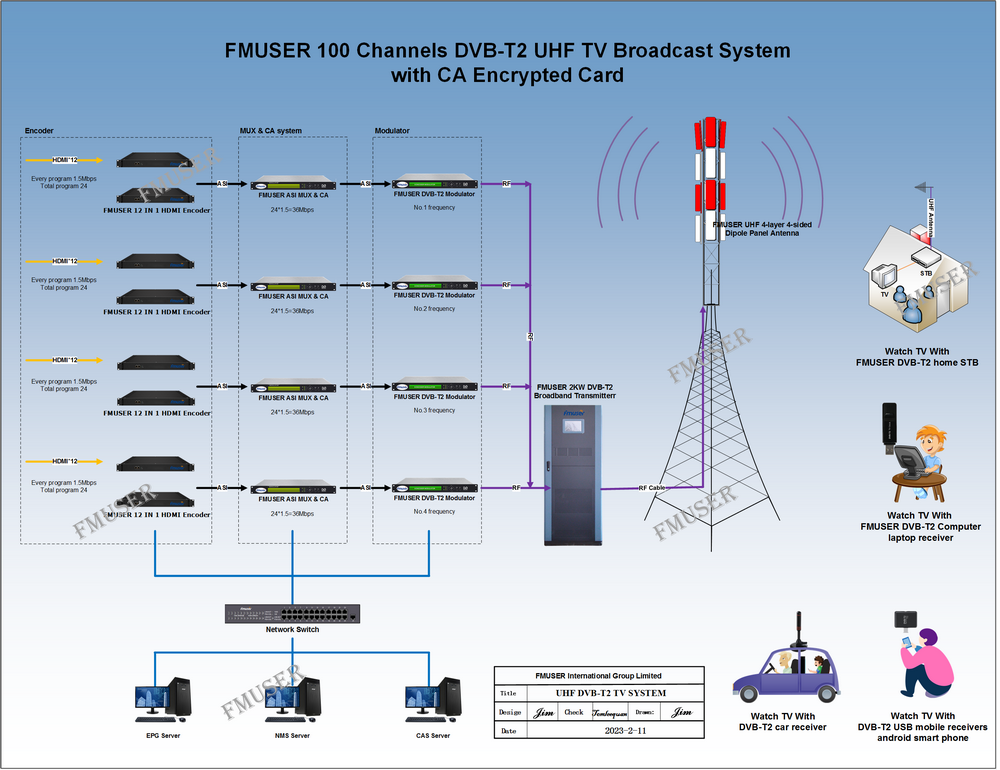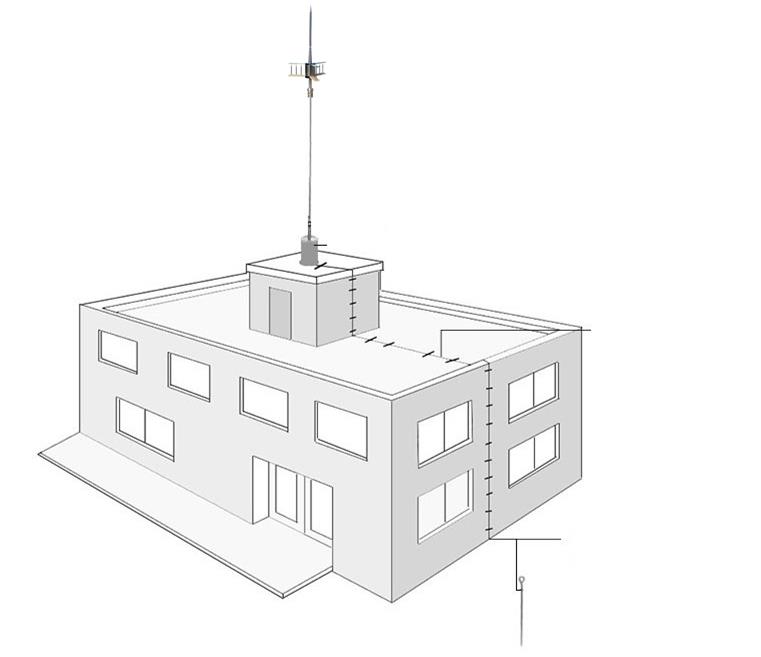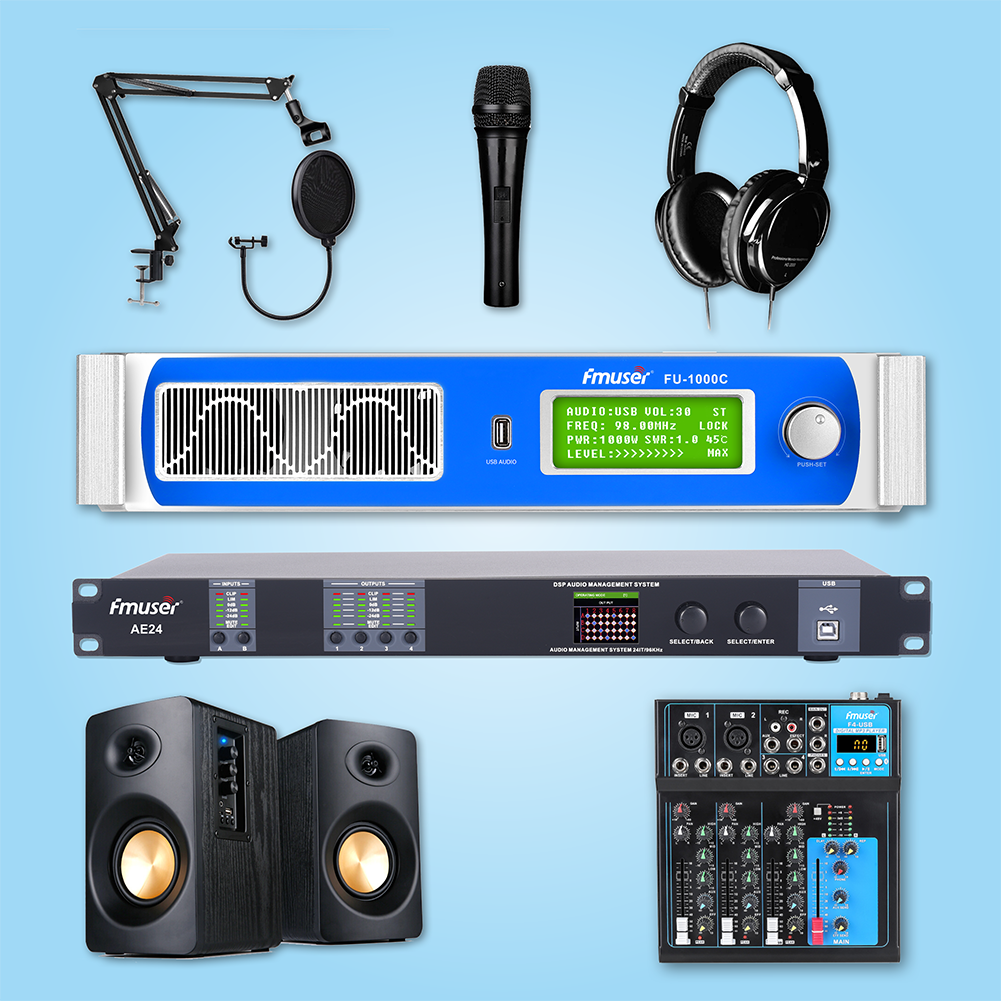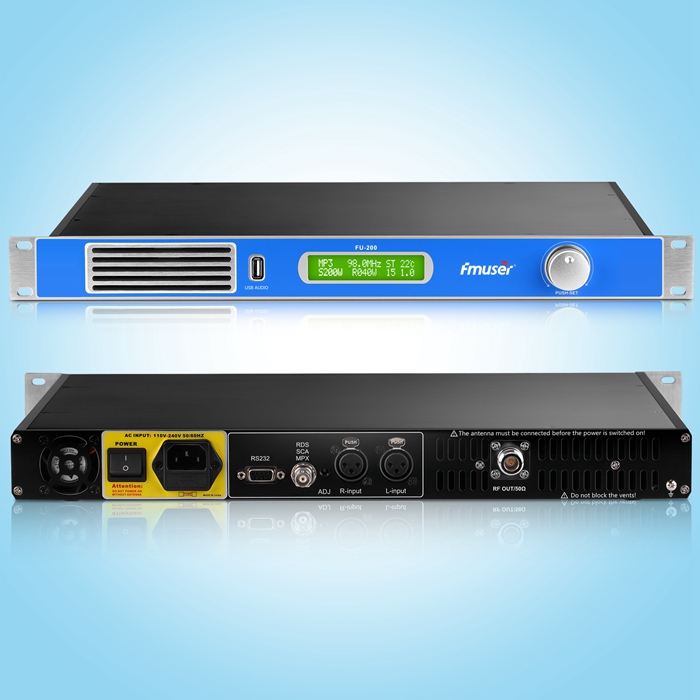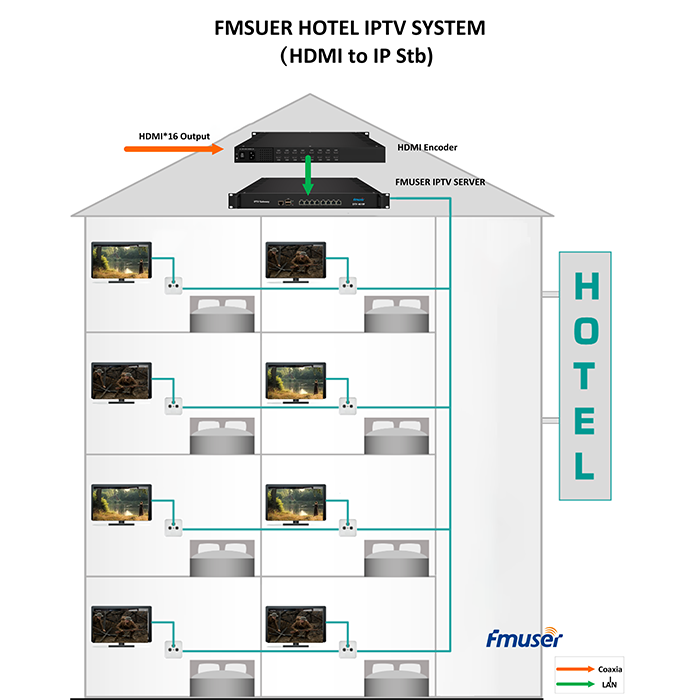"Eben Upton, co-founder of the raspberry school foundation, is often known as the magician behind this magical machine. While studying for a Ph.D. in the computer laboratory of Cambridge University, he took great pains to build a prototype of raspberry pie by hand.
Remember, it's for people who like to toss. It's only a $35 computer
I'll never forget the first time I saw raspberry pie. That small, credit card sized computer is powerful enough to be used as an ordinary home PC, media center, video game console, or anything else you can imagine. For only $35, it is a small thing that hands-on enthusiasts of any age can have. They can experiment with hardware and software without worrying about damaging expensive home computers.
Eben Upton, co-founder of the raspberry school foundation, is often known as the magician behind this magical machine. While studying for a Ph.D. in the computer laboratory of Cambridge University, he took great pains to build a prototype of raspberry pie by hand.
Today, Upton is the CEO of the trading company under the raspberry pie foundation, supervising the production and sales of raspberry pie. At present, the sales volume has reached 2.5 million units.
Heavenly pie
RW: what made you so interested in technology at the beginning? How did it accidentally lead you to create a raspberry pie project?
Eben Upton: I've been interested in technology since I was a child. I have a father who is very interested in engineering technology. He is not an engineer himself, but an English teacher. Our house is often filled with all kinds of electronic devices. I began to fiddle with them before I knew what they were. They are all gadgets, such as installing a light at the head of the bed and continuing to read after "turning off the light".
Then I had a computer. In Britain, we call this kind of machine BBC microcomputer, which is actually an 8-bit single chip microcomputer for teaching. When we came into contact with this kind of machine in school, I learned programming later, and I really liked it.
These machines are not necessarily used for programming in schools, or they are not used for programming at all. Generally, they run teaching software. But I programmed it. Then I bought one home. After I bought this BBC microcomputer, I soaked in my room and never came out again[ [laughs]
Programming is amazing for children. When you were a child, you didn't have much power. There is no obedient entourage, but there are many restrictions around. The greatest thing about programming is that it's a small world where you can do whatever you want. And of course I can't resist it.
I have always been interested in science and mathematics, as well as science. I did a lot of calculation and programming on my BBC microcomputer, and then I owned a Commodore Amiga.
I studied physics, engineering and computer science in college. This is what inspired the idea of the raspberry pie project, because when I spent 10 years in school [I was studying for a doctorate], I found that the new children didn't have the opportunity to gain this experience when they were young. You may still have LEGO toys, but it's not the ladder we want.
To some extent, we removed the ladder behind us. We have created these very complex and user-friendly computers for children, or not only computers, but also video game consoles, telephones and tablets, and some household appliances. However, people do not have the opportunity to change it by themselves. So in fact, raspberry pie is an attempt to go back to the original. Of course, it will not be too primitive, hoping to find the feeling lost in the development of computers in the past 25 years.
RW: what are the biggest obstacles you need to overcome?
EU: Well, we don't have any investors. Of course, it's a good thing. We've been trying to do this since 2006. You can see that it took us a long time to turn raspberry pie from an idea into something to sell. It is important to find a balance between price and performance or between price and programmability.
Another trouble is raising money. We are a non-profit organization, so we have to find someone to sponsor, and in the end, several people on the board paid for it. We have $250000 in start-up funds borrowed from me and several other members. So I think I had the courage to do so.
From east to West
In order to find the production mode with the right price, we chose an unusual route. Usually, when people produce more traditional products, when the equivalent is small, they will choose to produce locally, and then [manufacturers] set higher prices. Most can make more profits than raspberry pie.
So they will start producing in the West. Then, in order to pursue higher profits, when there is a certain amount of products, they will want to reduce production costs, so they go to the Far East.
Our problem is that because we don't have enough profits to support this model of orders, we made the first batch of products in China. Of course, there will be a little bad feeling at first. I don't know anything about made in China. Finally, we handed over $50000 worth of chips and $50000 in cash to a Hong Kong man who needed to return us 2000 pieces of raspberry pie that could work.
After that, the delivery date was delayed, and we even began to believe that we were cheated. Then one day, the earliest 2000 of the 2.5 million raspberry pies came to the door on the pallet.
The ups courier pulled a pallet out of the truck and pulled it into our garage. There were 2000 raspberry pies on the pallet, each of which was much better than the computer I used when I was a child. We randomly selected several sets, all of which can work perfectly.
So I think I'm lucky, China, you know. Then our products finally began to have quantity, and we chose a different direction from everyone else. I think this is another decisive moment in this project. We realize that with the current order volume, we can produce in the west at the same cost as in China. So we can go back and move all our manufacturing back to Wales, where I was born. Like a wonderful circle.
RW: are there any predecessors of raspberry pie that have not been made?
EU: Yes, we have made many different prototypes. We hope to make something that can be programmed and attract children's interest“ Attracting children's interest "means being strong enough in some ways. For example, playing videos, playing games, and surfing the Internet.
We have many prototypes that can achieve the price target and programmable target, but when we determine an appropriate scheme, which is strong enough to attract children's enthusiasm, it's too late. It's the end of 2010 and the beginning of 2011.
Where did the pie come from
RW: tell us about the invention of raspberry pie
EU: we tried to build several machines based on the so-called microcontroller technology. I wonder if you have ever heard of an [open source electronic prototype] platform called Arduino? Their performance is at the same level as that of Arduino. The advantage is that they are easy to buy. They are common components, very cheap and easy to master.
So we tried. The final product can only be technically a computer. You can connect it to a TV or other display device. However, it started in Taiyuan and obviously can't attract children's interest. This is prototype one. It's on display in an exhibition called "failure" in an Irish Museum [laughs]. I'll see it next month. It is now loaded into a glass box as a typical example of a brilliant failure.
The good thing is that it's hand-made. You can't make a modern raspberry pie by hand. However, this prototype has been started in Taiyuan. You can actually weld all the devices together by hand. It was made by me in a week. It is a very good little toy.
After almost 10 years in college, I entered a company called Broadcom, headquartered in Southern California, but there was a large office in Cambridge, mainly producing mobile phone chips. Then, I realized that this mobile phone chip is very suitable. It is a very suitable platform for making devices like pie because it has excellent graphics performance.
I made a prototype based on Broadcom development tools. This prototype is very powerful, has more functions, and the price is about the same. However, the problem is that it has a customized development environment rather than a standard platform.
We have to write our own SD card driver, our own file system and our own text editor. You will find that you have to do a lot of basic work. Although you can get a powerful programmable platform in the end, it is completely non-standard [and] completely different from other devices. Thus, it is impossible to reuse the work that has been done in the desktop system. This is prototype two.
The real breakthrough is prototype 3. We got another chip with ARM processor from Broadcom, which can directly run standard Linux. We realize that we can finally make a machine that can meet all our needs. This is our product to the market.
The next generation of hackers
RW: eight year olds started using raspberry pie for projects. Was that what you expected, or did it surprise you?
EU: eight is a good age. I think everyone will define the age when they start programming as the appropriate age. I started programming when I was eight. To some extent, all children need is to be old enough to have relatively complete cognitive skills, or problem-solving skills. Maybe a little math at school is enough.
When you are old enough to plan tasks, programming is the ultimate planning task. You still have to have a certain intellectual foundation to do this. At the age of eight, most children are very mature in their own thinking. In addition, they also need agile skills. For younger children, there is a problem that they are not smart enough to use the keyboard.
So eight is a good age. You have the right body, the right mind, and you are still at a time when you can easily learn new knowledge in your life. Your brain is also very malleable and can learn language...
I mean, if you want your child to learn French, start teaching him at the age of eight, not at the age of 16. Formal computer education has a historic disadvantage, that is, it starts too late, and then wonder why students have difficulty understanding concepts. So I think the sooner you get in touch, the better, and eight is a wonderful age. Eight, ten, twelve, twelve may be a little late.
Lance [Howarth], CEO of our foundation, is particularly enthusiastic about primary education. He really thought it was a real opportunity to do something very special.
RW: so this is the purpose of the raspberry pie project to let children program?
EU: I think we always think that children can play programming, just for example. But the purpose of raspberry pie is to make this thing and see who will buy it. We always believe that at least some young children will find it exciting. Now we have the breadth and scale of knowledge to support children to play it.
[just] there is a big difference between making a platform like raspberry pie and providing relevant support. If you just do it, you will find that 1% of eight year olds will like it and play with it, no matter how much or less support you provide.
I think a practical opportunity for the foundation now is that we can afford to develop teaching materials, and we can also advocate the training of teachers in this field. One chance is that we can attract more children than 1%. Another opportunity is to attract smart children who do not tend to deal with complex technical problems alone. If we can provide good tutorials and teaching materials that interest them, we can attract 10%, 20%, 50% or even more children.
We think that the 1980s is the golden age of [learning programming], but in fact, only a few people learn programming and reach a certain depth. Most people may be able to write a few lines, but few can write large programs.
So I think we now have a practical opportunity, because we can participate in the level of teaching materials and teacher training, and we may surpass the 1980s. There are now more participants and more equality between the sexes. In the 1980s, programming was largely the business of boys, which can also be reflected in the composition of our engineer community. I think there is a good opportunity for more girls to contact computer programming. This is the lowest fruit hanging from the branches. If you do this, the number of people will increase by half.
There are many opportunities. What I am most satisfied with raspberry pie is that we have a certain scale to attract some people's attention.
Everyone's pie
RW: what does the potential demand for projects like pie mean to you? Will we all become DIY hackers one day?
EU: Yes, I mean, that's it. There is a great demand for this. And I think there is a link to the producer community. The producer community in the United States is much more mature than in Britain. We are indeed holding producer gatherings and hacker space, but we are almost five years behind the United States.
So after discussing the raspberry pie, I found one thing. When it gained international attention, we found that we were sought after by some members of a very stable community who liked all kinds of DIY activities: weaving, or, you know, carpentry.
Therefore, this is also one of the factors that brought unexpected growth to raspberry pie. Producers use it as a module to build their own projects. That's great!
RW: what do you think of the current mainstream hardware hacker culture?
EU: I think it's wonderful, isn't it? This is completely unthinkable in the field of software engineering. I had a software background before I came into contact with this, so I was surprised that most of the cool things people make with raspberry pie are hardware related. Of course, it's not that surprising now, but there was at first.
I think this is a very positive trend based on all these factors. Because it brings relevant experience to children. In my opinion, it's cool to move pixels on the screen, but in fact, it's not as cool as it was in the 1980s. I think moving some objects in the real world, such as robots, is very cool for today's children.
When there is more practicality, it will attract more girls. There is indeed a potential trend to try and design science and technology activities for girls. But in fact, this is not about girls, but about the urgent need to expand users.
There is such a short paragraph - I talked about before that 1% of children find abstract computer programming very interesting“ Let's start learning variables! " I'm one of them. But that's only a small part, and it seems that most of them are boys. I don't know if it's cultural or other factors, but it seems that this world is like this.
When people talk about pursuing practicality to attract girls, it's none of girls' business at all. It's to attract everyone except a small number of boys. Not only attract girls, but also other boys.
From the perspective of education, there is a wonderful thing that using computers to do something practical in the real world is naturally better than just doing something on the computer itself
Our other product:


